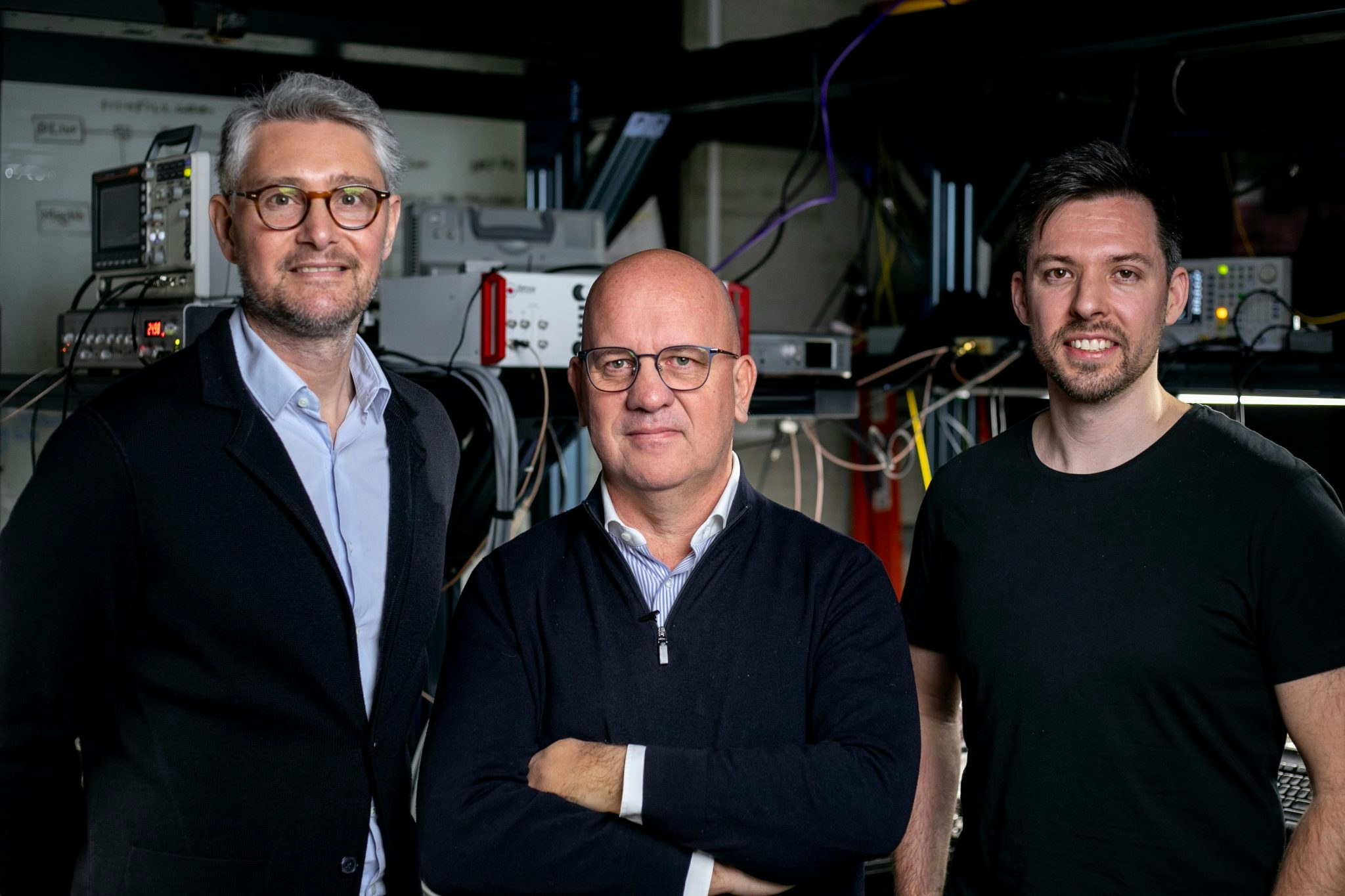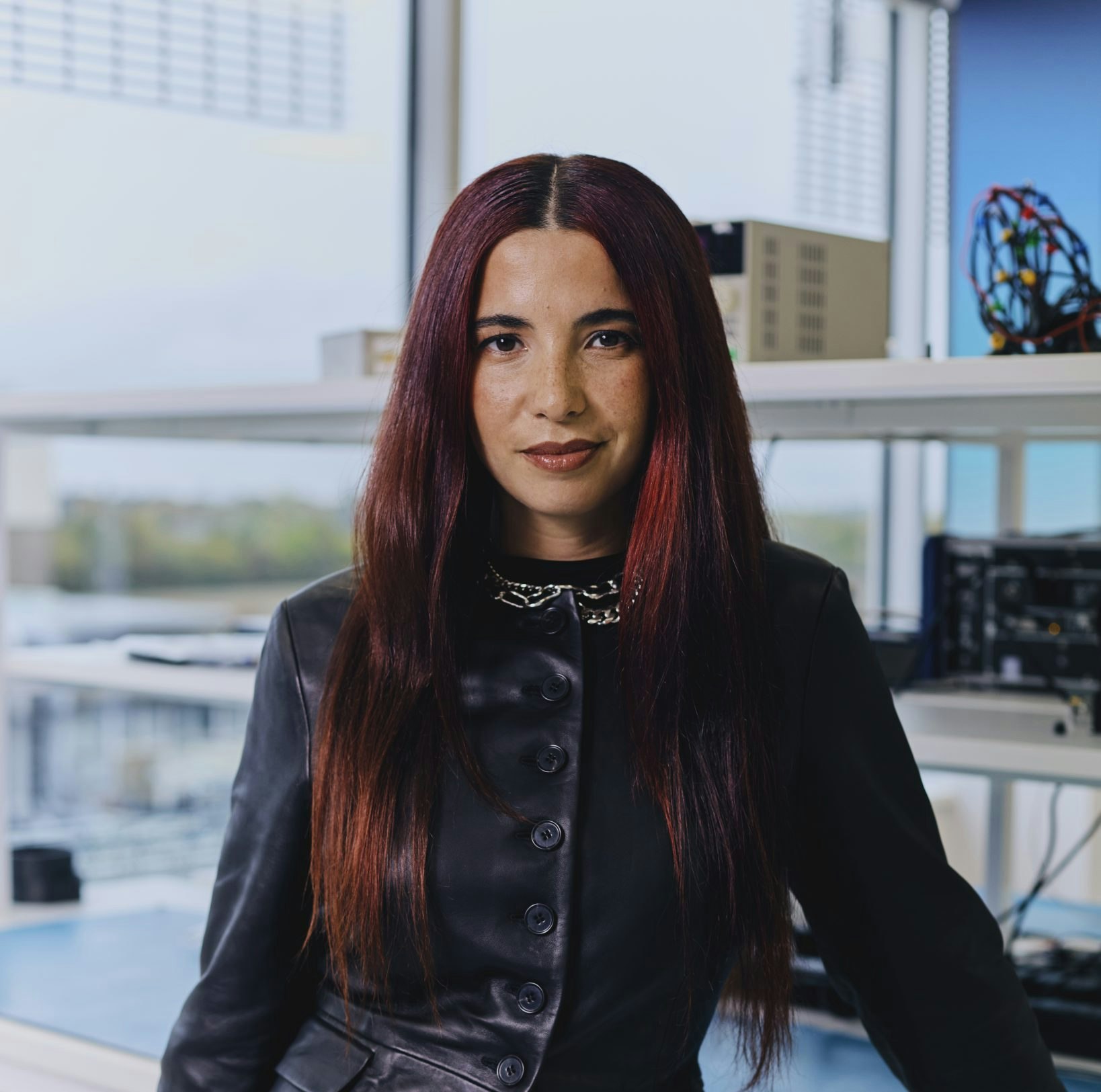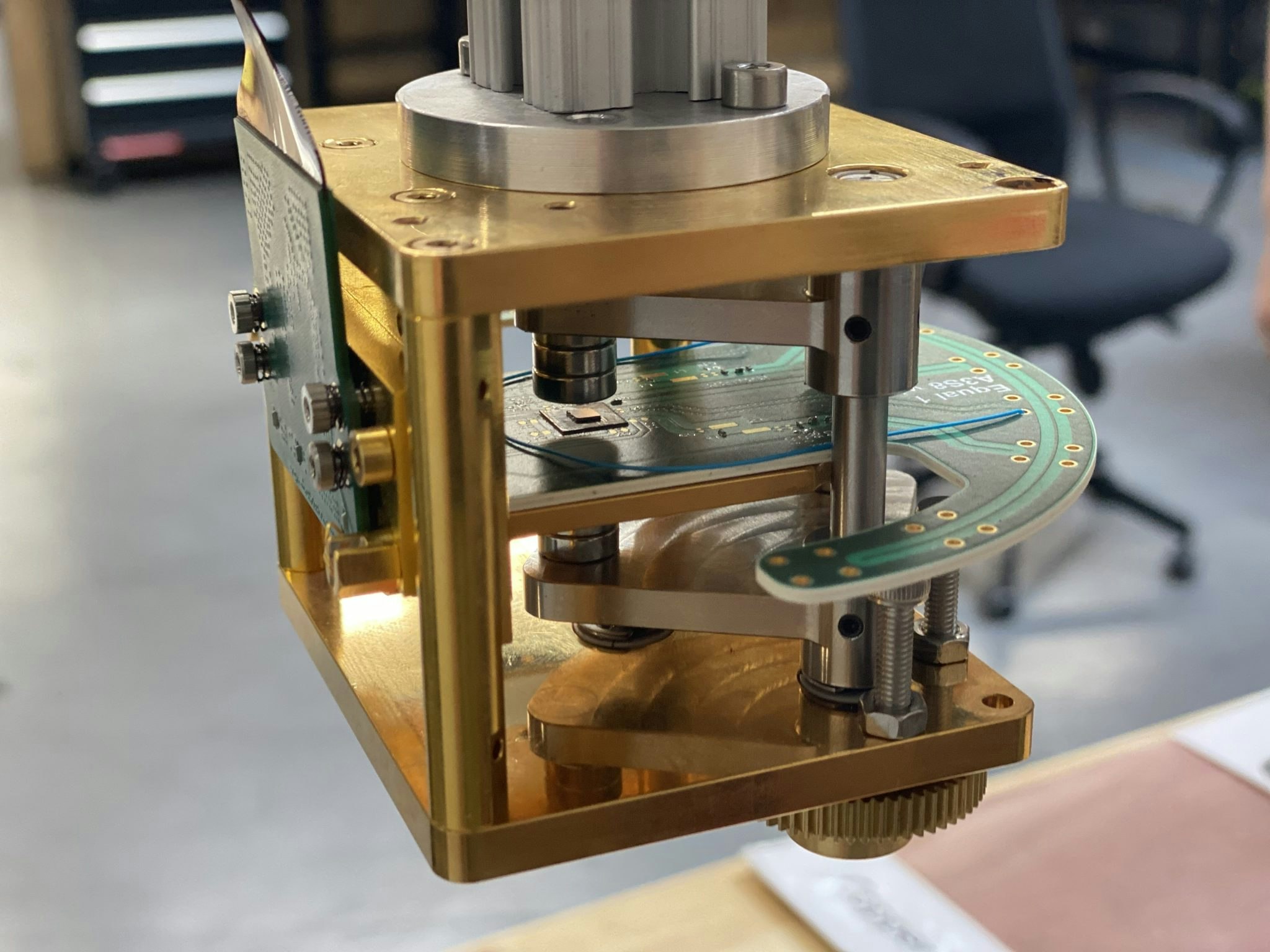Alexa can tell you the weather, turn on your lights and even tell you a joke. But if you really want to have a meaningful conversation with a computer, it is probably going to have to be a quantum computer.
Cambridge Quantum Computing (CQC), the 2014-founded startup, says it has built “meaning-aware” natural language processing on a quantum computer. The system understands both grammatical structure and the meaning of words, in a way that classical computers cannot.
This is quantum native, it cannot be done with a classical computer with a reasonable amount for resources.
“This is quantum native, it cannot be done with a classical computer with a reasonable amount for resources,” says Ilyas Khan, chief executive and founder of CQC, in an interview with Sifted.
This is because, according to Kahn, classic computers simply don’t have enough processing power to be able to both understand the rules of grammar and recognise word patterns.
Natural language processing is generally done on the basis of recognising patterns in a “bag of words”. Even Open AI’s GPT-3, which can produce very human-sounding text, is based on modelling the relationships between words, like a very very sophisticated autocorrect.
The exponentially-larger quantum state means natural language processing on a quantum computer can code complex linguistic structures and novel models of meaning in quantum circuits.
CQC is in early talks with a medical diagnostics company, exploring if the quantum language processing could be used to speed up diagnoses. For example, it may be possible to combine an X-ray with a radiologist verbally describing what it is showing to very rapidly identify an illness.
Limited uses could begin within three years. For more widespread use, like talking to Alexa or Siri, we will have to wait for an increase in the capacity of quantum computers.
“These kinds of limited uses could begin within three years,” says Khan. “For more widespread use, like talking to Alexa or Siri, I am more cautious, as we will have to wait for an increase in the capacity of quantum computers.”
CQC raised a further $45m earlier this week in a deal that is understood to value the startup at $450m. The funding came from its existing corporate backers, Honeywell Ventures, IBM Ventures, JSR Corporation as well as from VCs Serendipity Capital, Alvarium Investments and Talipot Holdings.
The company, which has a 130-strong team, is trying to rapidly bring to market real commercial uses of quantum computing. Earlier this year it announced that it was beginning to sell genuinely quantum random number generation services to companies.
“Until now there has been this question of what you would really use quantum computing for. This is another genuine use case that everyone understands. It is not some arcane experiment,” says Khan.
Khan, ever-keen to promote British and European achievements in quantum, adds: “It does show that this is still a level playing field globally. We are not following Silicon Valley or China.”



